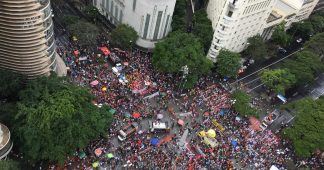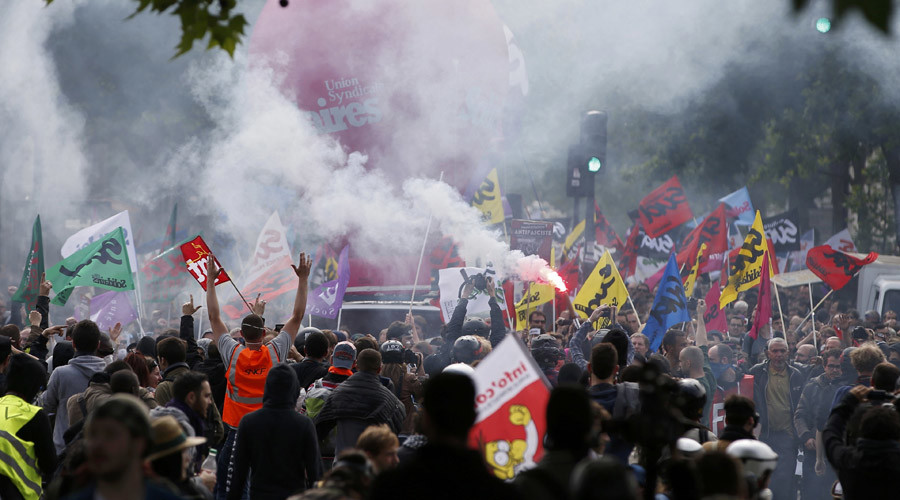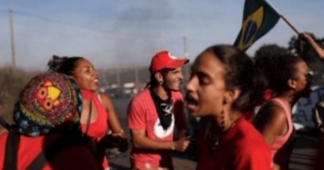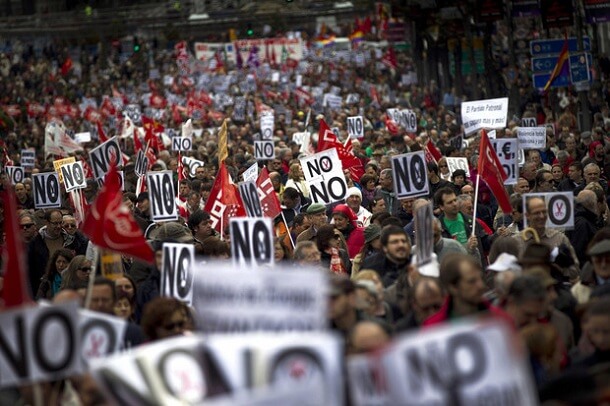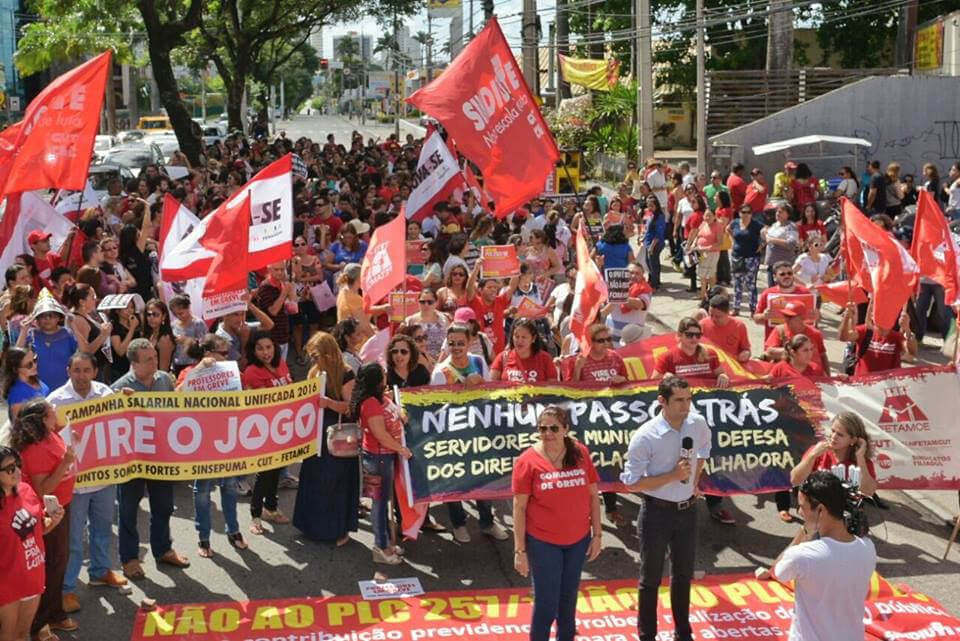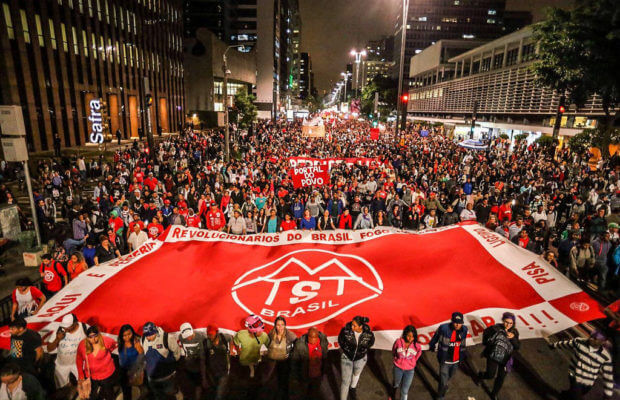29 May 2018
Members of the government have also placed pressure on members of the protective services to accelerate investigations and arrest.
With Brazil’s nationwide truck drivers’ strike entering its ninth day, president Michel Temer has summoned members of the army and federal police to intervene in an attempt to help end demonstrations across the country. According to a report published by Brasil 24/7 senior members of Temer’s government have also placed pressure on members of the protective services to accelerate investigations and to arrest those, who have participated in the strikes.
During a meeting at the Palacio do Planalto Monday, the official office of the Brazilian president, Rogerio Galloro, the director of the federal police, outlined the procedure for the arrest and repression of protesters.
His presentation was in response to a meeting held this weekend, in which government officials outlined how the arrests were a fundamental component to bringing an end to the strike, according to Brasil 24/7. Galloro explained that the federal police can only detain people “committing an offense or via court order.”
Galloro also sent a message for all federal police employees to be in a “state of alert” due to the truck strike.
On Sunday, Temer announced concessions aimed at bringing an end to the strike. This included cutting taxes on diesel for 60 days, reduced tolls for empty trucks and minimum freight rates, according to The Guardian.
However, the strike, which has paralyzed Brazil’s economy continued with school buses and motorbike couriers joining in a show of solidarity.
Last week the Brazilian Company of Airport Infrastructure (Infraero) released a statement alerting that airports in Congonhas (Sao Paulo), as well as the cities of Palmas, Recife, Maceio, and Aracaju have run out of fuel to supply airplanes. Congonhas is one of the three most busy airports in Brazil, according to Revista Forum. Difficulties in fuel distribution have also caused public buses throughout the country to reduce their fleet.
A special task force involving segments of the armed forces, federal highway police, and military police are escorted 300 trucks containing perishable foods to the city of Rio de Janeiro. The primary destination is the Central Food Supply (Ceasa) of Iraja, which is the main food sale center in the city.
On Monday, 90 percent of Ceasa centers did not open their doors due to food shortages. Apart from causing food and fuel shortages throughout the country, the truck drivers’ strike has also caused price gauging.
Marco Colal, a supermarket manager in central Rio, gestured to empty fruit and vegetable shelves and said: “it’s all empty there, take a look.” Meanwhile, Paulo Gavlao, the manager of a nearby pharmacy, said he’s worried because medicines had not been “delivered in a week, not one.”
